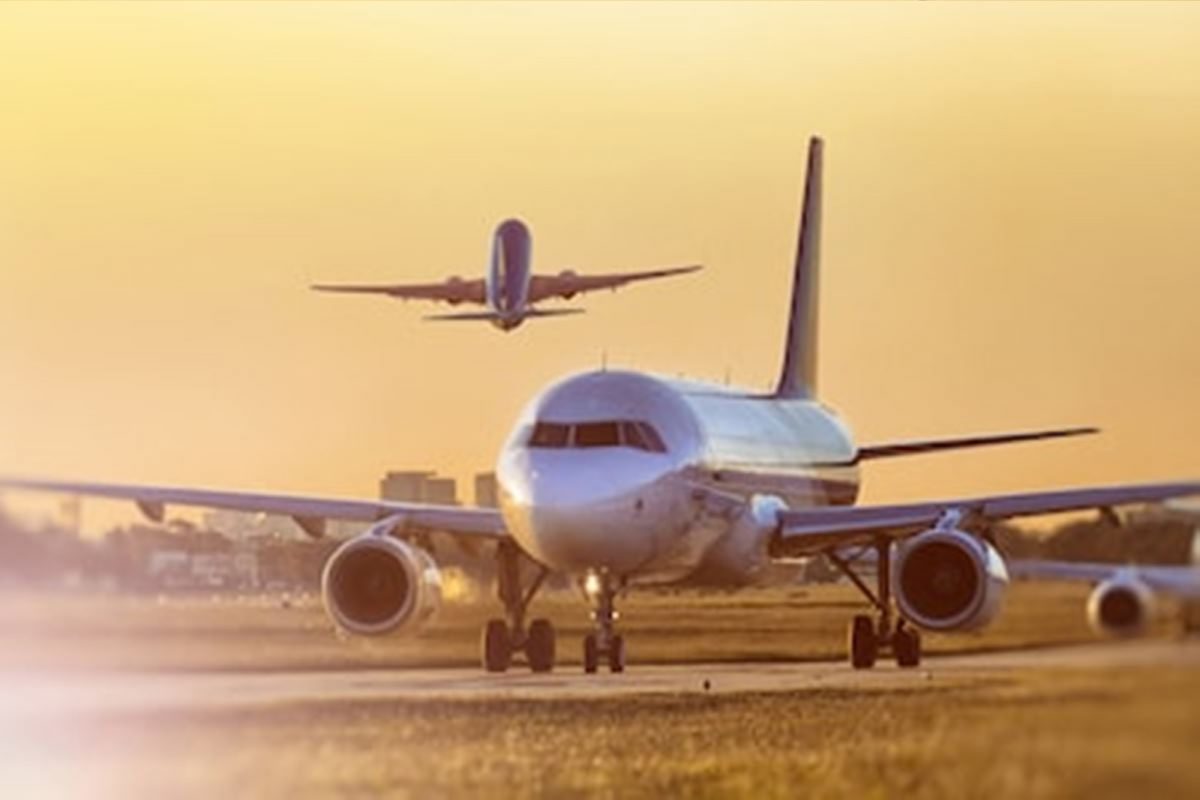As UAE Gives Nod to Indian Tourist Visas, See List of Countries Indians Can Travel to & the Curbs in Place

Here are some things to keep in mind if you are planning to travel to Dubai. Image used for representation.
The UAE has allowed tourist visas to Indian passport holders who have not been to the country in the last 14 days.
As the COVID-19 cases dip across the world many countries are opening their gates for travellers once again but with several rules and regulations in place. The UAE has allowed tourist visas to Indian passport holders who have not been to the country in the last 14 days. The approval comes as the UAE is slowly opening up its arrivals. All flyers will have to undergo a Polymerase Chain Reaction test on the day of arrival and on the ninth day after arrival in the UAE.
Indians who wish to travel internationally need to keep various guidelines in mind as the countries have formulated their own specific set of restrictions and quarantine rules. However, there are also some exceptions made for travellers including the heads of state, officials and bureaucrats on diplomatic missions, those on international student visas and flights under the Vande Bharat Mission.
Though India has extended its ban on international commercial flights till August 31, commercial flights are allowed to operate to and from countries with which India has bilateral air bubble agreements for example, Afghanistan, Bahrain, Bangladesh, Bhutan, Canada, Ethiopia, France, Germany, Iraq, Japan, Kenya, Kuwait, the Maldives, Nepal, the Netherlands, Nigeria, Oman, Qatar, Russia, Rwanda, Seychelles, Sri Lanka, Tanzania, Ukraine, the UAE, the UK, Uzbekistan and the US.
Canada:
Canada has also extended the suspension of flights from India till August 21 and said it will open for people from all countries fully vaccinated with recognised jabs from September 7. However, Indian travellers who have to fly to Canada in this period have to book a flight via an ‘indirect route.’ According to the revised official travel advisory, Canada will not accept the COVID-19 molecular test report from India. Therefore, the travellers have to get themselves tested for the coronavirus in a ‘third country’ before they continue their journey to Canada. As per the advisory, passengers who have previously tested positive for the COVID-19 virus and are travelling from India to Canada have to now provide proof of a coronavirus test conducted between 14 to 90 days prior to their departure.
Germany:
In July, Germany classified India from ‘virus variant country’ to ‘high incidence area’. As per their latest rules Indian travellers, who are fully vaccinated or who can show proof of recovering from the virus, will not be required to isolate themselves on their arrival or return to Germany.
UK:
India has been placed on the “red list” of countries whose residents are barred from entering the UK at the moment. No fresh visas are being issued to Indians for travelling to the UK. Even those who have long-term visas cannot go to the UK directly from India and must travel to one of the countries which are in the “green list” and spend at least 10 days there before travelling to the UK.
Russia:
Unvaccinated travellers from India will be needing to produce a negative RT-PCR test report on arrival, which has been taken within 72 hours prior (to arrival). Besdies travellers from India have to show proof of invitation from a government-authorised travel agency. The tourist visa has to be valid for up to 30 days for single entry or double entry. Spot tests will be carried out on arriving passengers; those showing symptoms will be sent to a Covid testing facility.
Maldives, Serbia:
Flights between Maldives and India have been operating since July 15 as the island nation eased travel restrictions. However, travellers are required to carry a negative Covid-19 PCR test report. For Serbia, travellers from India will be required to carry a negative Covid-19 report that must be taken 48 hours before the time of departure.
Egypt:
Egypt has mandated that travellers from countries with cases of Delta variant, including those from India, will have to undergo a rapid test on arrival. All travellers will have to undergo a 15-minute DNA test called ID NOW before entering the country. If the passenger tests positive, another RT-PCR test would be conducted by the airport quarantine authorities. And if that report is also positive, they will be sent for further tests to a designated hospital, according to media reports.
Qatar:
Another country has opened its doors to Indian tourists after Maldives and Canada in the past few days. Qatar has now reopened its borders, although cautiously with certain mandatory guidelines. Travellers from India arriving in Qatar (effective noon Doha time from August 2), will have to undergo compulsory hotel quarantine, tweeted the official handle of the Indian Embassy in Doha on July 31. It said that visitors (family, tourist, work) vaccinated outside Qatar with MOPH recognized vaccines will have to undergo 10 days compulsory Hotel quarantine while those not vaccinated will not be allowed to enter Qatar.
Countries That Do Not Mandate Quarantine:
A majority of the countries that have now opened to Indian travellers have made it mandatory to undergo a period of compulsory quarantine after entering their borders. However, countries that do not mandate compulsory quarantine on arrival for Indians include Kyrgyzstan, Afghanistan, Armenia, the Maldives, Egypt, Ethiopia, Ghana, Mali, Mozambique, Namibia, Senegal, South Africa, Zambia, Albania, Bosnia and Herzegovina, Russia, Iceland, Costa Rica, Serbia, Equador, Paraguay, Venezuela, Nicaragua, Guatemala, Guyana and Honduras.
Countries Where Compulsory Quarantine is in Place
Among the countries which now allow Indians to visit but have restrictions in place including compulsory quarantine on arrival are Montenegro, Bahrain, Qatar, Rwanda, Barbados, Bermuda, Mexico, Turkey and Panama.
However, with Covid variants rapid evolving, many of these rules are being continuously updated.




